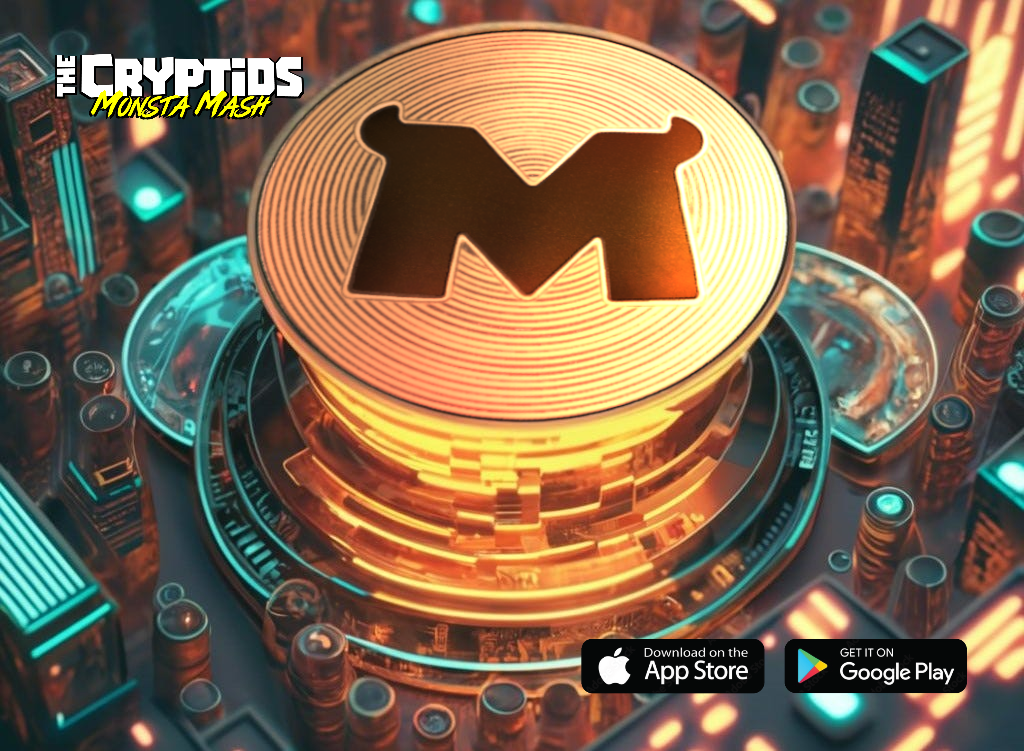- On December 31st, Charles Hoskinson announced on X that after ten years of dedication, his final duty to the Cardano network was to achieve full decentralization and entrust the network to the community.
- He aims to have the budget and constitution approved this year to begin an ongoing development process, and he is dedicated to overcoming any challenges that may arise.
Charles Hoskinson, the founder of Cardano, has shared insights about his continued role in the blockchain network through a recent post on his X account. The founder reflected on his decade of involvement with Cardano leading up to 2025, acknowledging that while mistakes have been made, he has never compromised his principles for personal gain or strayed from the original roadmap.
Charles Hoskinson declared that the “Voltaire era is here,” marking a significant shift towards decentralization. He emphasized that Cardano is now in the hands of its community, and he’s committed to seeing this vision through, no matter the personal, economic, or professional costs.
The Age of Voltaire: A Founder’s Final Commitment
A key focus of the Cardano Constitutional Convention held in early December was decentralization. The convention introduced a governance model that incorporates decentralized representatives (DReps), a decentralized treasury, and on-chain voting mechanisms, laying the groundwork for Charles’s final duty.
The Voltaire era of Cardano, as outlined in its roadmap, aims to complete the components necessary for the network to achieve self-sustainability by introducing a voting and treasury system that empowers participants to use their stake and voting rights. The network must build on the distributed infrastructure established during the Shelley era and ensure ongoing maintenance and improvement conducted in a decentralized manner. The Voltaire era will enable network participants to submit improvement proposals for voting by stakeholders, utilizing the existing staking and delegation framework.
Additionally, Voltaire will implement a treasury system that allocates a portion of transaction fees to fund future development based on community voting decisions. With these systems in place, Cardano will transition to a fully decentralized model, no longer managed by IOHK, allowing the community to take charge of its growth and evolution.
A major milestone for Cardano in 2025 is the shift from the Nami wallet, which was integrated back in 2023, to the Lace wallet. This new wallet will offer several advantages, including enhanced security, transaction bundling, and access to governance features.
Achieving this decentralized system could pave the way for significant growth in the price of ADA. As of now, ADA is trading at $0.8472, reflecting a decrease of 1.08% in the last 24 hours. Additionally, trading volume for ADA has dropped by 36.87%, totaling $574.33 million, indicating a waning interest in the token. Nonetheless, experts anticipate that ADA could rebound and potentially revisit its all-time high of $3.099 in the new year.











Leave a Reply